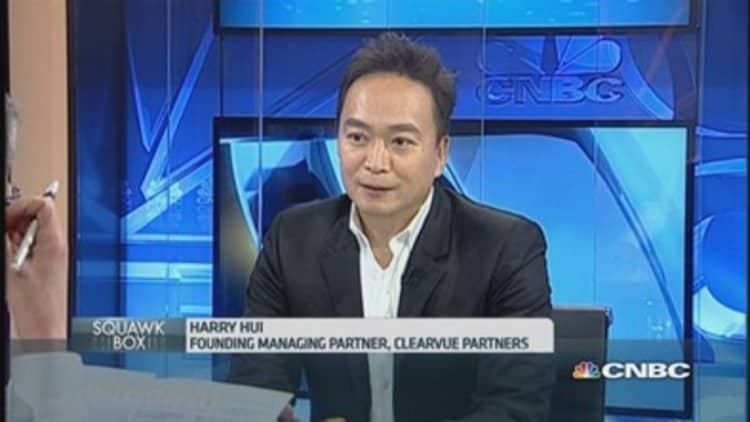Targeted ads are the bane of social network users around the world. But in China, they are an object of desire.
Users of hit Chinese app WeChat protested this week against "discrimination" after they were not targeted by an advertisement for BMW, the luxury carmaker.
"I've been refreshing over and over again but still no BMW ad . . . today my spirits are in the dumps," said one WeChatter. "Do I not even qualify to see the BMW ads?"
The ad marks the first time Shenzhen-based internet group Tencent has tried to make money from WeChat, which has proven phenomenally successful since launching in 2011 and boasts 468m users. Targeted at specific users, according to Tencent, the ad was intended to demonstrate the awesome power of big data combined with social media.

But while in the west anger over targeted ads on social networks such as Facebook has stoked a growing paranoia over the uses and misuses of information gathering bots, in China people have complained about the humiliation of having their data mined and then ignored.
WeChat users on Sunday evening noticed one of three ads had popped up in their feeds. One group, which it later came to be presumed were the classiest, richest — and probably also the best looking — was shown the BMW ad. Others got an ad from mobile phone company Vivo or, even worse, from Coca-Cola.
Read MoreThree Chinese tech companies to watch this year
Rumblings of discontent appeared immediately. "Even Tencent has discovered that I can only afford Coke and that I'll never in my life drive a BMW," complained one WeChat user whose handle is Charles III.
The Coca-Cola crowds began to refer to themselves jokingly as "Diao" (losers), while a lucky, high-status few gleefully posted screenshots of the BMW ad, which features the Chinese character for delight. According to news portal Yicai.com, the ads cost the German carmaker Rmb5million ($800,000). BMW declined to comment.
Theories abound as to what criteria were used to target the ads — some found that Apple IOS users received the most BMW ads: other rumors were that it was only sent to users aged 19-50 and in tier-one cities, or to those who had spent above a certain threshold in mobile payments. Most pernicious was the idea that the algorithm actually judged users on how good looking and successful they were, based on profile pictures and who they knew.
More from the Financial Times
Earnings and costs rise for Facebook
Chipmaker Qualcomm hit by Apple surge
Bonds: Caught in a debt trap
"I know some people who were genuinely wounded when they didn't get the BMW ads," said Xin Haiguang, a technology blogger, adding that WeChat had traded on Chinese status anxiety. "People here actually like to know where they stand."
While some felt they were being assigned to an inferior social caste, others were clearly poking fun at the whole spectacle, such as WeChat user Ball-dribbler Pikachu, who wrote: "I don't even have room in my garage for another car anyway but Tencent should not disrespect me like that!"
Other users complained that far from being ransacked by an impersonal algorithm, WeChat's software was not Orwellian enough.
"I'm a nouveau riche in a top-tier city using an Apple 6 plus and I didn't receive the BMW ads," said another WeChatter, named Vashin. "So I'm going to buy a Mercedes."

